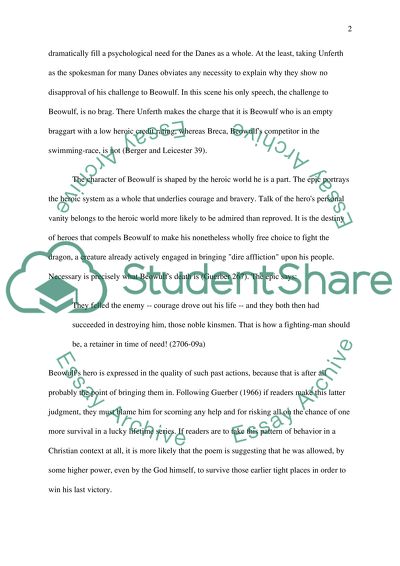Cite this document
(“Beowulf Essay Example | Topics and Well Written Essays - 1250 words - 1”, n.d.)
Retrieved from https://studentshare.org/miscellaneous/1517479-beowulf
Retrieved from https://studentshare.org/miscellaneous/1517479-beowulf
(Beowulf Essay Example | Topics and Well Written Essays - 1250 Words - 1)
https://studentshare.org/miscellaneous/1517479-beowulf.
https://studentshare.org/miscellaneous/1517479-beowulf.
“Beowulf Essay Example | Topics and Well Written Essays - 1250 Words - 1”, n.d. https://studentshare.org/miscellaneous/1517479-beowulf.


